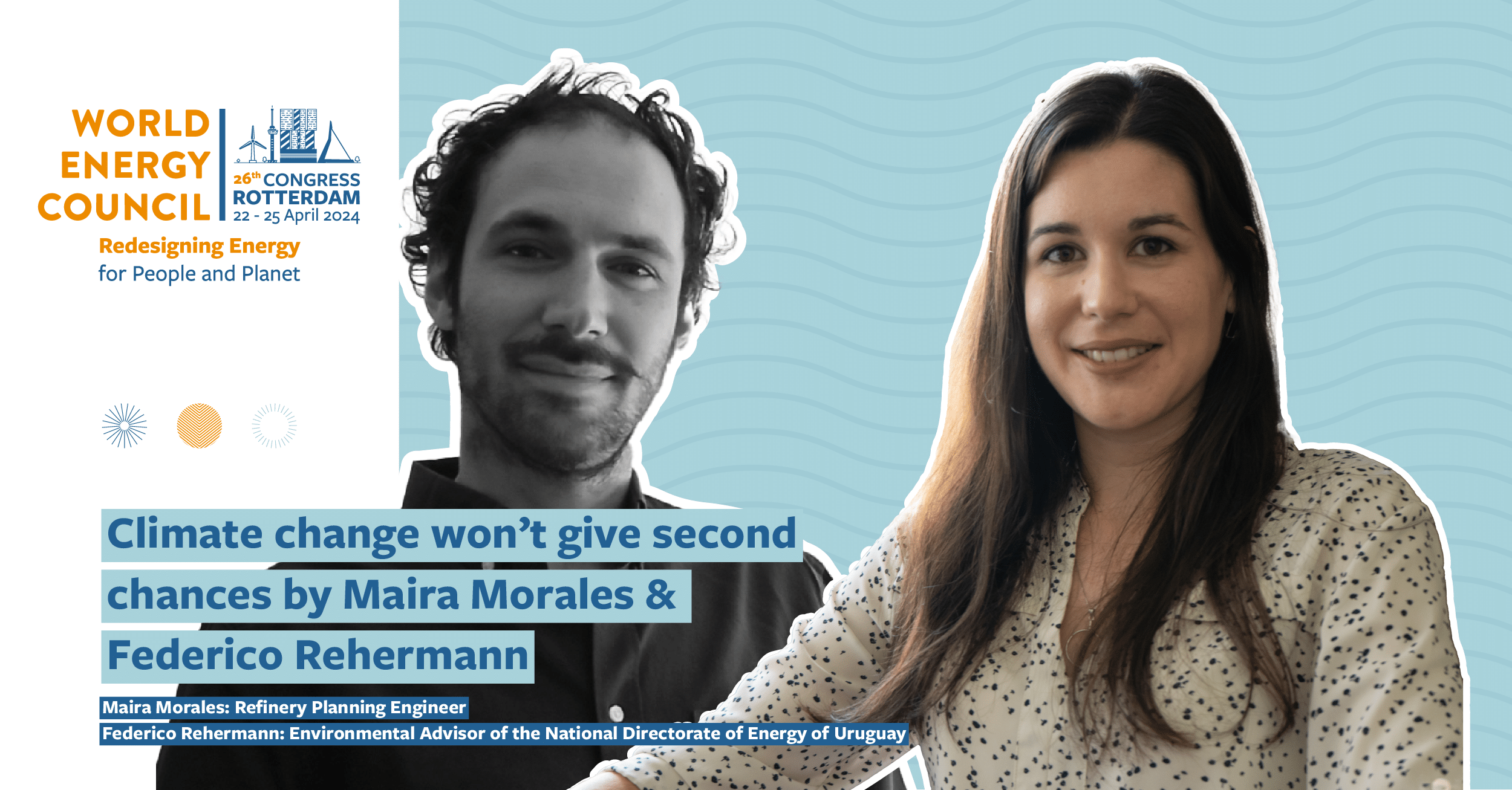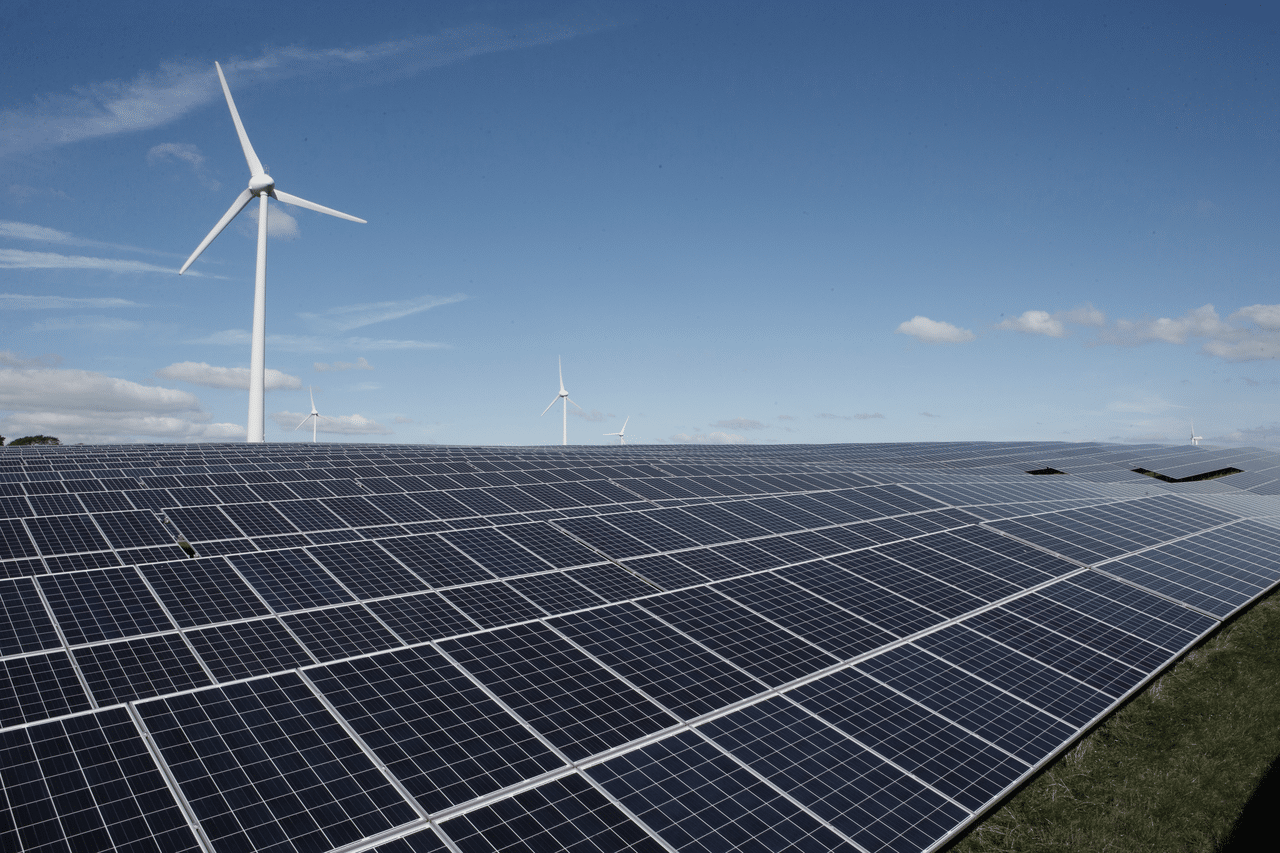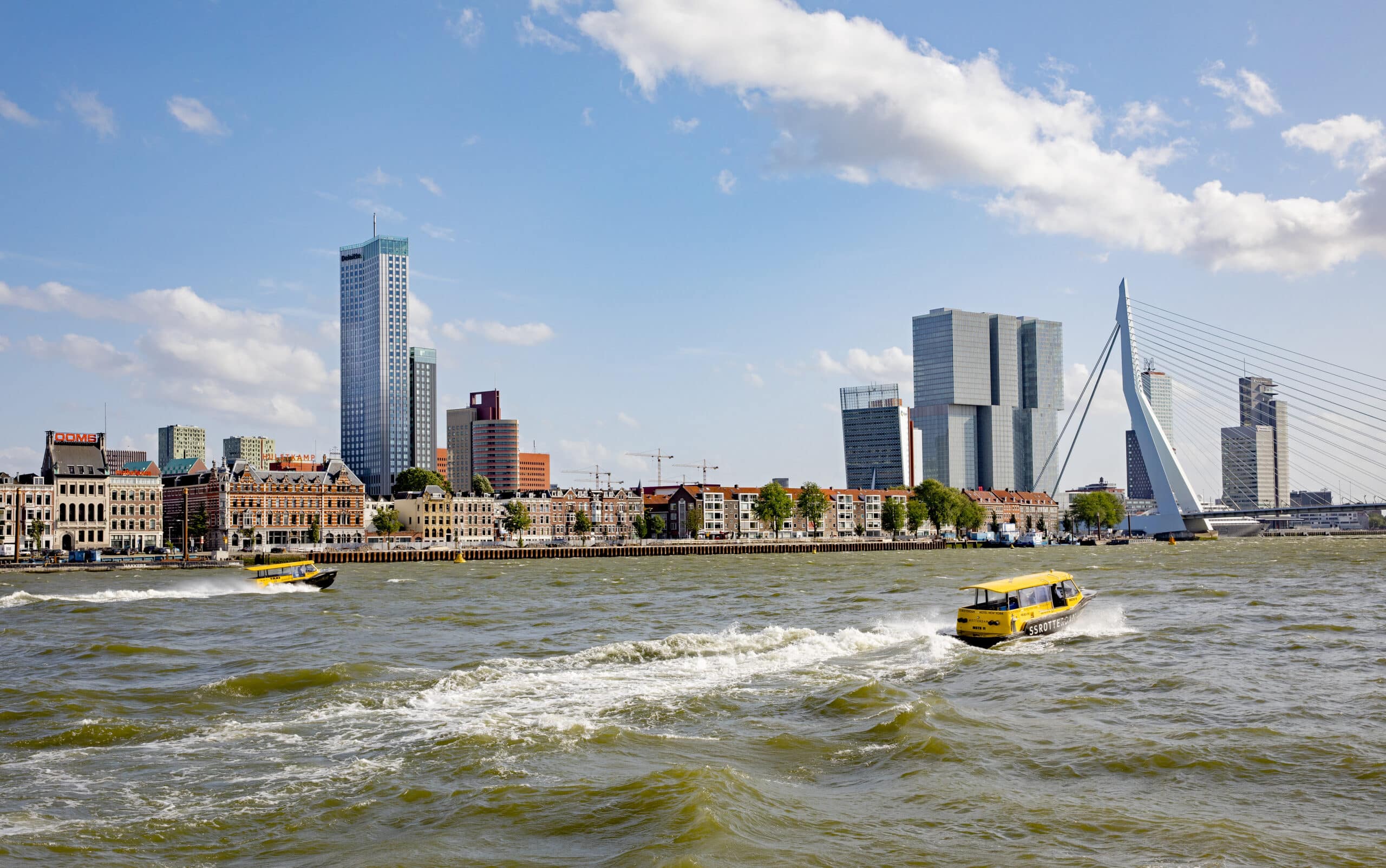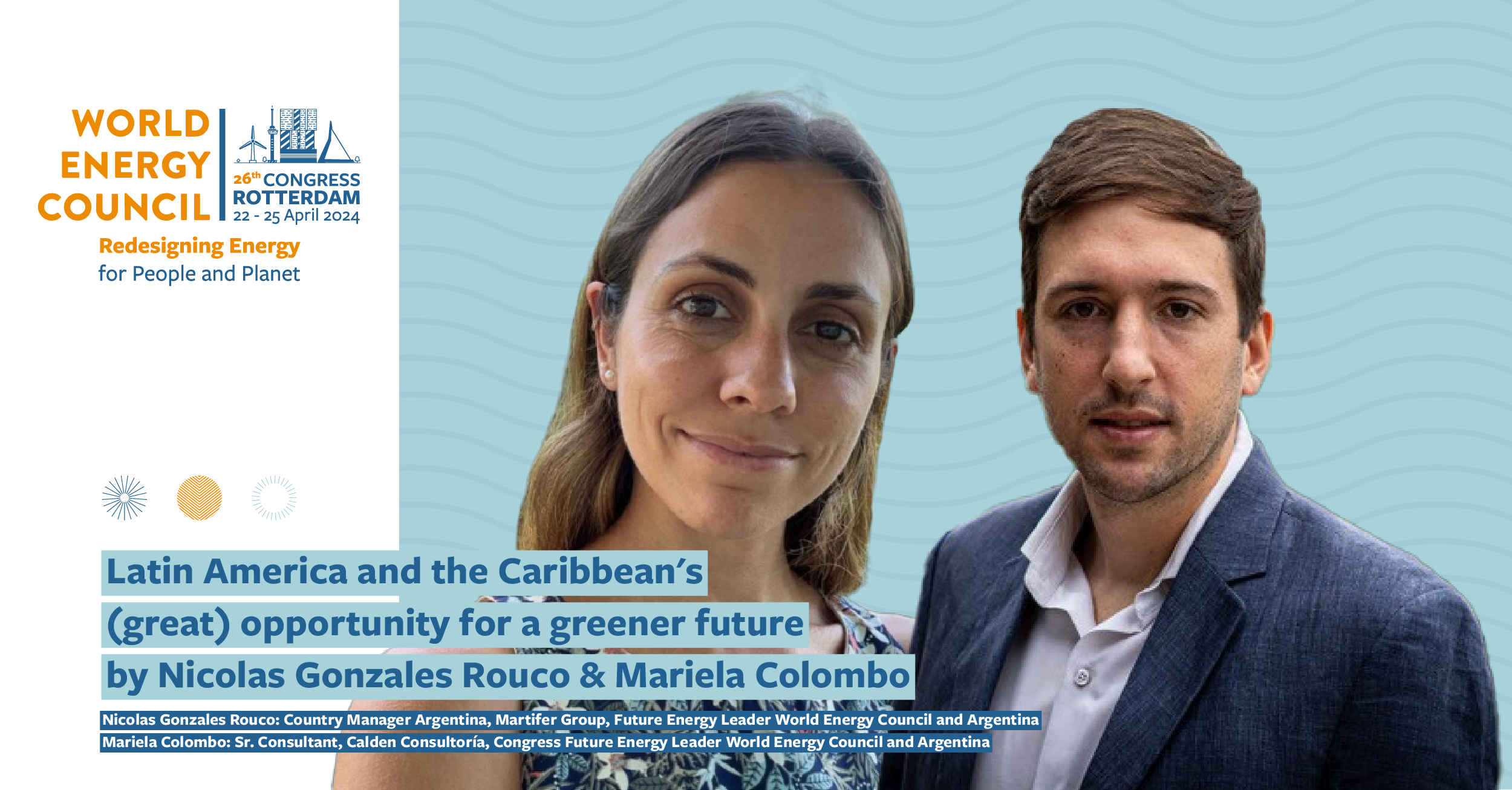Climate change won’t give second chances
18.01.2024
Climate Change is the greatest challenge that will unavoidably shape the global agenda for the coming decades. The energy sector has the responsibility of being the main emitter of greenhouse gases, with more than two-thirds of global emissions.
The good news is that the energy industry is also the main sector facing the climate change challenge since the incorporation of renewable energies, energy efficiency, green transportation and the uprise of the new H2 energy vector seem to be the most promising actions to decarbonize the global economy.
Hence, we are facing two opposing global challenges, climate change simultaneously with a growing demand for energy, which requires joint and not individual actions. The implementation of initiatives to tackle these two major challenges is extremely complex, given the multiplicity of actors involved, the disinformation that exists on the subject, the multidimensional nature of the phenomenon and the short-term vision of governments.
We must take advantage of the World Energy Council, which brings together the entire energy community, both from the public and private sectors, as well as from academia, civil society and the political spectrum. It is a space that has a wide reputation, as well as legitimacy and objectivity in energy matters, being the ideal platform to boost this global discussion, explore emerging technologies and catalyze transnational cooperation towards a redefinition of our energy systems.
Thus, the 26th World Energy Congress in April 2024 in Rotterdam gives us the opportunity to bring stakeholders together, promote a healthy discussion and collectively rethink these issues, contributing to dialogue and facing the most pressing challenges for the energy transition, with the humanization of energy on the horizon. Humanizing Energy also means accelerating the transition towards an era of clean energy and intergenerational solidarity, and sustainability must be at the center of all discussions.
Make no mistake, the task ahead is monumental, where climate change does not give second chances and intricate agreements are needed at all levels, including the supranational. But, what better place than the 26th World Energy Congress, with its vast network of countries and institutional credibility, to lead and facilitate such discussions and reach this kind of global consensus?
Maira Morales
Refinery Planning Engineer
Future Energy Leader World Energy Council and Uruguay
Federico Rehermann
Environmental Advisor of the National Directorate of Energy of Uruguay
Future Energy Leader World Energy Council and Uruguay







